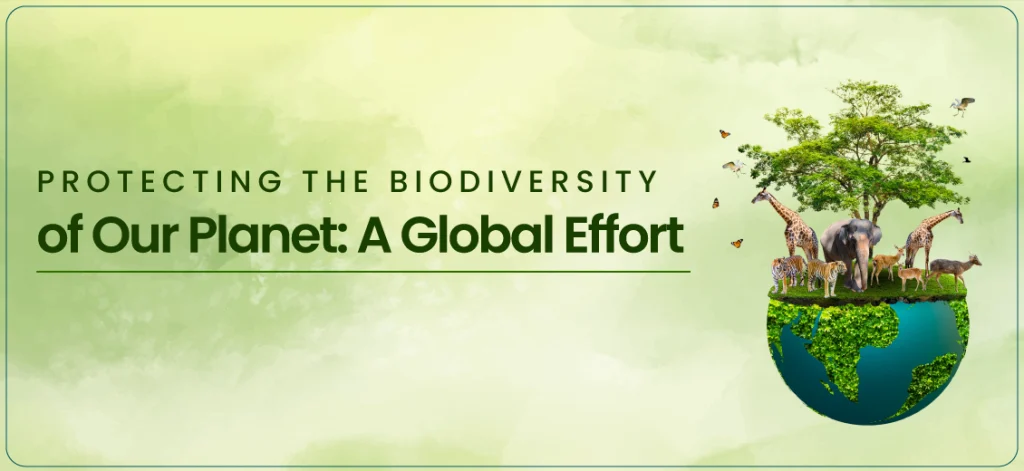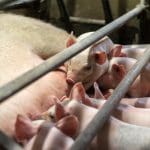Choosing a vegan diet is a powerful way to support environmental sustainability while improving personal well-being. Animal agriculture drives deforestation, greenhouse gas emissions, water depletion, and biodiversity loss, making plant-based eating an eco-friendly alternative. By reducing reliance on animal products, individuals can lower their carbon footprint, conserve vital resources like water and land, protect wildlife habitats, and contribute to global food security. Discover how adopting a plant-based lifestyle can be a meaningful step towards combating climate change and creating a healthier future for both the planet and its inhabitants
A vegan diet is not only beneficial for personal health, but it is also a sustainable choice for the planet. With the increasing awareness of climate change and environmental degradation, many individuals are opting for a plant-based lifestyle to reduce their carbon footprint and contribute to a more sustainable future. In this post, we will explore the impact of animal agriculture on the environment and delve into the various benefits of adopting a vegan diet. Discover how a plant-based lifestyle can help mitigate climate change, conserve water resources, preserve biodiversity, combat deforestation, and promote global food security.

The Impact of Animal Agriculture on the Environment
Animal agriculture is a major contributor to deforestation and land degradation. Livestock farming requires large amounts of land for grazing and feed production, leading to the clearing of forests and destruction of natural ecosystems.
The production of meat and dairy products also leads to significant greenhouse gas emissions. Raising animals for food releases methane, a potent greenhouse gas that contributes to global warming.
Additionally, animal waste from factory farms pollutes waterways and contributes to water pollution. The runoff from manure and fertilizers used in feed production ends up in rivers and lakes, causing harm to aquatic life and ecosystems.
The use of excessive water and resources for animal feed production also negatively impacts the environment. The cultivation of feed crops requires vast amounts of water, land, and energy, leading to depletion of natural resources and increased carbon emissions.
Benefits of a Plant-Based Diet
A plant-based diet can offer numerous benefits for both individuals and the planet:
- Reduced Carbon Footprint: By consuming plant-based foods, individuals can help reduce the carbon emissions associated with food production. Animal agriculture is a significant contributor to greenhouse gas emissions, making plant-based eating an eco-friendly choice.
- Conservation of Land and Water Resources: Eating more plants and fewer animal products reduces the demand for land and water resources. Animal agriculture requires vast amounts of land for grazing and feed production, as well as excessive water for animal hydration and crop irrigation. By choosing plant-based options, individuals can contribute to sustainable land and water use.
- Improved Overall Health and Well-being: A plant-based diet is rich in essential nutrients, including fiber, vitamins, and minerals. It promotes heart health, lowers the risk of chronic diseases like obesity and diabetes, and provides energy and vitality for improved well-being.
- Reduced Environmental Impact: Plant-based options have a lower environmental impact compared to animal products. The production and transportation of meat and dairy products result in high levels of carbon emissions. By opting for plant-based alternatives, individuals can help lower greenhouse gas emissions, conserve energy, and reduce pollution.
Reducing Greenhouse Gas Emissions through Veganism

Veganism can significantly reduce greenhouse gas emissions, as animal agriculture is a major contributor.
By eliminating or reducing meat consumption, individuals can help mitigate climate change.
The production and transport of animal products result in high levels of carbon emissions.
Switching to plant-based alternatives can help lower greenhouse gas emissions.
Conserving Water Resources with a Vegan Lifestyle
A vegan lifestyle requires less water compared to animal agriculture.
The water footprint of plant-based foods is generally lower than that of animal products.
Reducing meat consumption can help conserve freshwater resources for other essential needs.
Choosing plant-based options can mitigate water scarcity and promote sustainable water management.
Preserving Biodiversity and Wildlife Habitat through Plant-Based Eating

Animal agriculture contributes to habitat destruction and loss of biodiversity. When forests are cleared to make way for livestock grazing and feed production, it disrupts natural ecosystems and threatens wildlife habitats.
By choosing a plant-based diet, we can reduce the demand for land and contribute to protecting natural ecosystems and wildlife. Plant-based eating supports conservation efforts and the restoration of wildlife habitats.
Reducing animal agriculture also plays a crucial role in preserving endangered species and their natural environments. By shifting away from animal products, we can help create a sustainable future for our planet and its diverse wildlife.
The Connection between Veganism and Deforestation
Animal agriculture is a leading cause of deforestation, especially in regions like the Amazon rainforest. The demand for land for livestock grazing and feed production leads to widespread deforestation. Choosing plant-based alternatives helps reduce the pressure on forests and protect their biodiversity. Veganism can play a crucial role in combating deforestation and promoting sustainable land use.
Promoting Food Security with a Vegan Diet
A vegan diet can help address global food insecurity by using resources more efficiently.
By focusing on plant-based options, food production can be scaled up to meet the growing population’s needs.
Eliminating animal agriculture frees up resources that can be used to produce more nutritious plant-based food.
Promoting a vegan diet ensures equitable access to food and reduces dependence on limited resources.
Conclusion
By choosing a vegan diet, individuals can make a significant positive impact on the planet. Animal agriculture has a detrimental effect on the environment, contributing to deforestation, greenhouse gas emissions, water pollution, and loss of biodiversity. However, a plant-based diet offers numerous benefits for both the environment and personal health.
Switching to a vegan lifestyle can help reduce greenhouse gas emissions, conserve water resources, preserve wildlife habitats, combat deforestation, and promote sustainable land use. Additionally, a plant-based diet can contribute to addressing global food insecurity by using resources more efficiently and providing equitable access to nutritious food.
Making the sustainable choice to follow a vegan diet not only benefits the planet but also promotes a healthier, more compassionate way of living. It is a powerful step towards creating a more sustainable future for ourselves and future generations.
4/5 - (9 votes)



